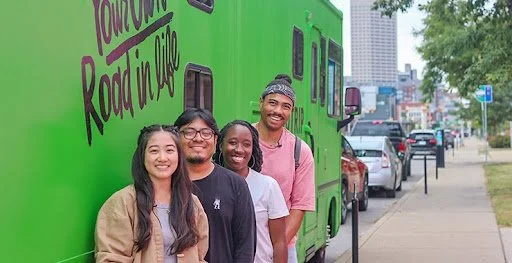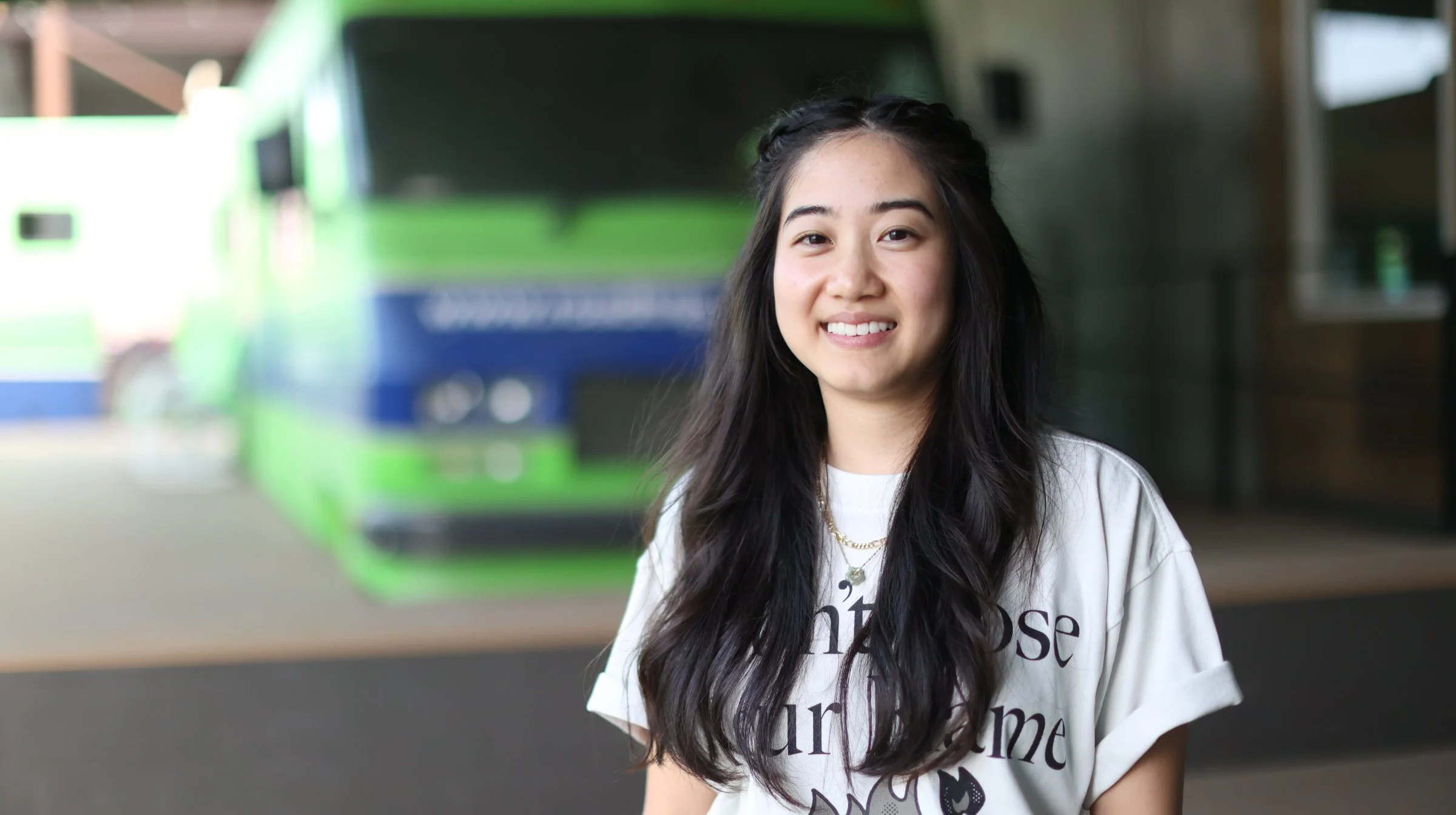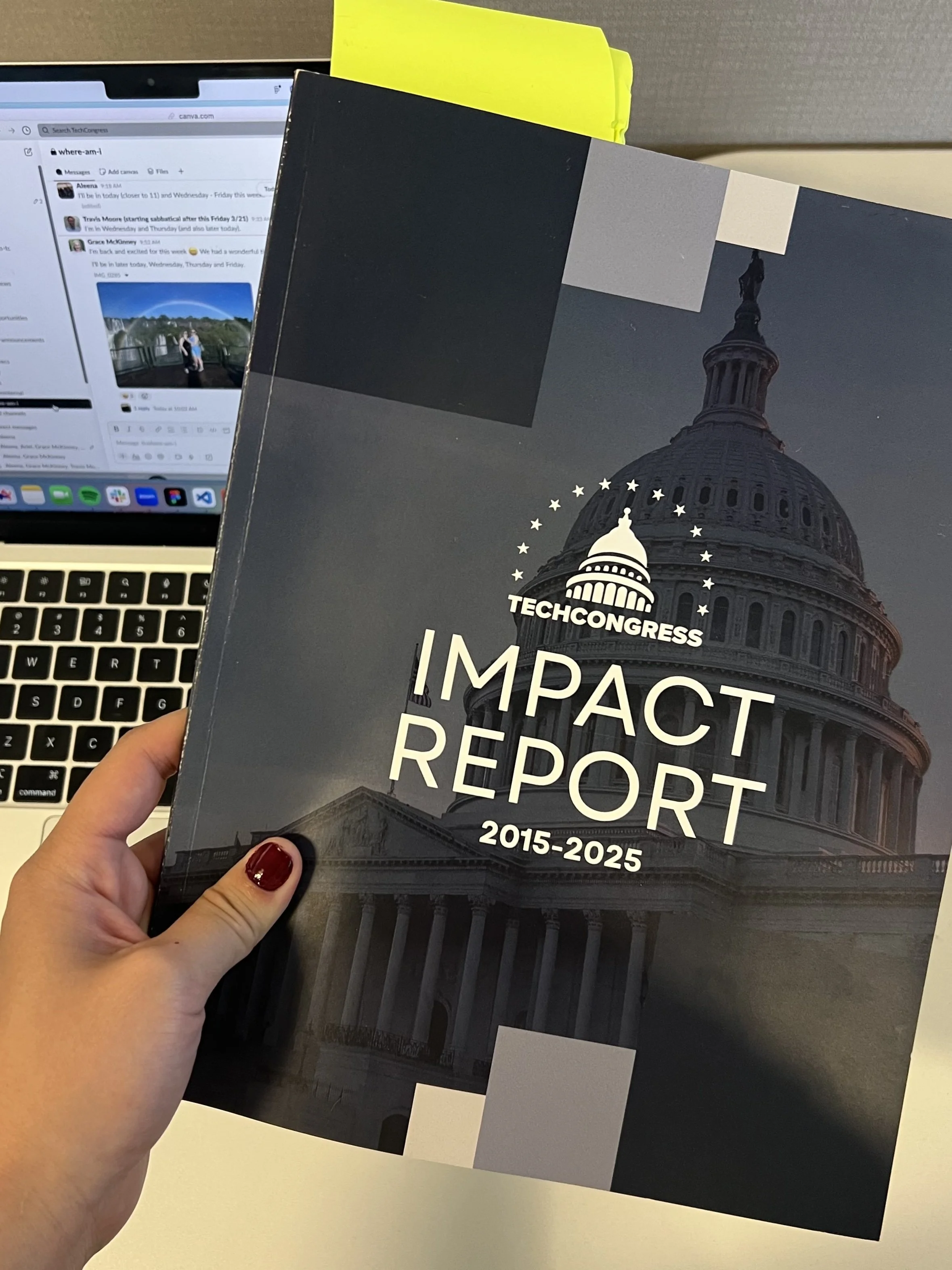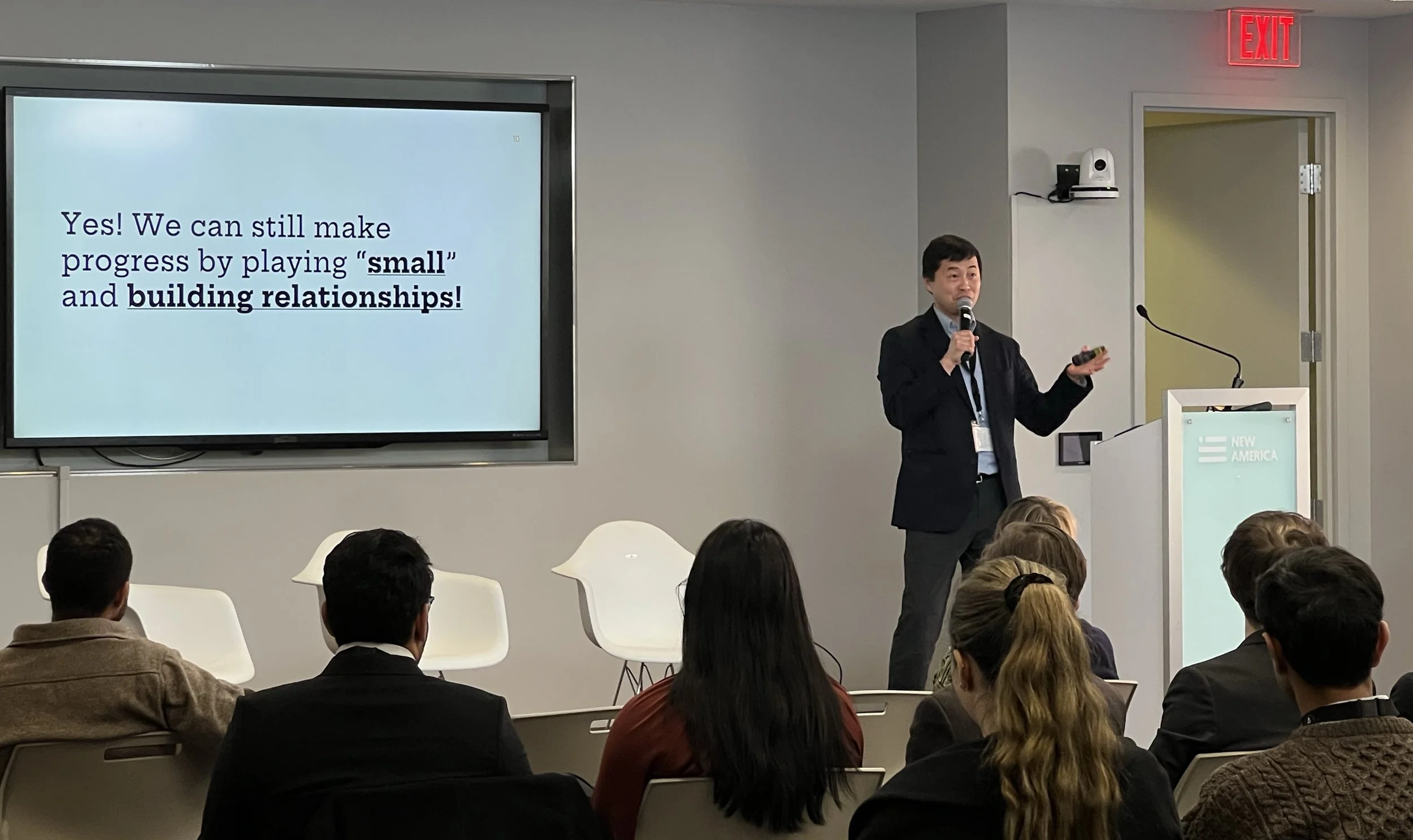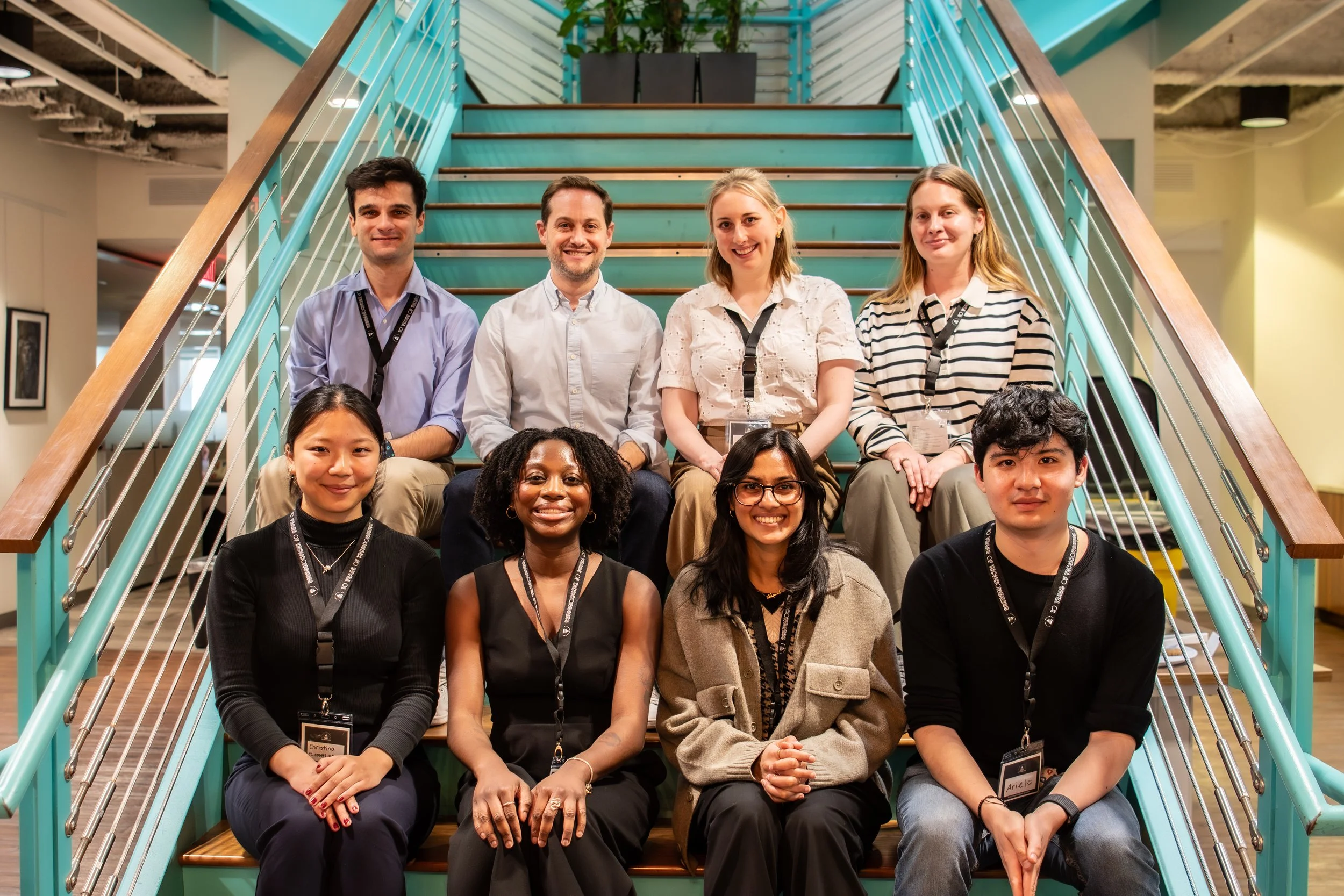Ask a Congressional staffer what their day to day is like and you’ll never get the same answer twice. For many, that’s partially why working in Congress (or on “the Hill” as it’s colloquially known) is so fulfilling. One day may be dedicated to meeting with constituents and hearing about the issues most important to those your boss represents. Another day may be spent preparing for a congressional hearing by writing up a memo, providing background on witnesses, prepping potential questions for the Congressperson to ask, and elaborating on how the hearing fits into a broader legislative agenda both for the office and the caucus. No matter what the day entails, whether it be attending mundane meetings or developing novel policy ideas, Congressional staffers are in a privileged position to create real change and serve the American people.
As a staffer who worked in both the House and Senate, I’ve been fortunate enough to experience many different days and work on a wide array of tasks for my bosses. I have found that most of the work of a staffer falls into three distinct buckets: research and policymaking, meeting with constituents and relevant stakeholders, and member support.
The first bucket, research and policymaking, is probably what most people think of when they imagine working in Congress — finding legislative holes that need to be filled and coming up with the right law (or letter, or even just the right hearing question). However, unlike traditional staffers, as a TechCongress fellow you are in a unique position to use your expertise on technology matters to contribute to your job. In my case, having previously worked an at A.I. startup gave me tremendous insight as to how the office of Senator Rounds should approach A.I. legislation, and helped to inform my work in the A.I. Insight Forums and multiple National Defense Authorization Act (NDAA) amendments.
The second bucket of constituent and stakeholder meetings is relatively straightforward, but incredibly underrated in its importance. Every meeting with a constituent is an opportunity to understand an issue directly affecting someone within your office’s district; which can then inform your offices, and sometimes your personal legislative priorities. When I served as a staffer, meeting with a university in the district hugely influence the legislative ideas I worked on, especially around high skill immigration and entrepreneurship, Meetings with other stakeholders are important too; lobbyists, especially those who are former Congressional staffers, can be a great source of information as to the priorities of businesses, and are also some of the most knowledgeable and experienced resources available on legislative processes. Critically as important is building your own trusted stakeholder network so that you have a “braintrust” to turn to when issues out of your immediate area of expertise come up — TechCongress is an incredible shortcut here, as you go into Congress already having your cohort and alumni who are always happy to help. (Although TechCongress is an amazing foundation, beginning to build your network should be one of your first priorities when you start out on the Hill.)
The final bucket, member support, is the most vaguely defined, partially because every member and every office is very different. You’ll frequently hear that Congress isn’t a unified body, but rather hundreds of small businesses — and that’s the truth. If you’re like me, you might start out by joining a House office alongside a new member who is still learning the ropes, In many instances, you may have colleagues younger than yourself who have never heard of things like OKRs or standups, or even had a job outside Congress. On the other hand, you might end up working for a committee with staffers who have been there for a decade or longer and are old hands with deep real-world experience, or even working for members who wrote some of the original legislation affecting the tech industry. How you provide support to the member (directly or through the chain of command) also varies widely, and will mostly be based on the member’s preference. Because of this, it is important to adapt. Some members are rigid and structured and have defined processes to follow, and some will text you on the fly to get your thoughts. What is important to remember is that it is their name on the door — they are who the voters chose to represent them — and it’s your job to make sure they’re best equipped to serve their constituents in the way that they are most effective.
An average day in the life of a Congressional staffer is impossible to describe because it is constantly changing. Instead, I’ll share a few of my favorite moments to provide a taste of what a Congressional staffer may be in for. Some treasured memories include: standing by the water cooler and talking with the senator about the emerging impact of drone warfare and its role in the Nagorno-Karabakh ; seeing amendments I had drafted included in the NDAA and eventually pass into law; introducing my first bill; writing a letter that ended up being covered in Wired; and so many small moments with colleagues and friends celebrating a win or lamenting a loss.
Of course, it’s not all glamor and wins — there were scores of times where I was told my idea was impossible or had been tried before (take this feedback with a big grain of salt), probably hundreds of hours spent in meetings that could have been emails and frustrating bureaucratic hoops to jump through, numerous angry or uncomfortable meetings with constituent, and even a day spent sheltering in the office during an active shoorter incident.
Despite this, I wouldn’t trade my experience for anything and consider my time in Congress as a highlight of my career and an honor to be able to give back to my country in some small way. If you’re still wondering what a day in the life of a TechCongress fellow is like, I urge you to apply and find out for yourself firsthand.










